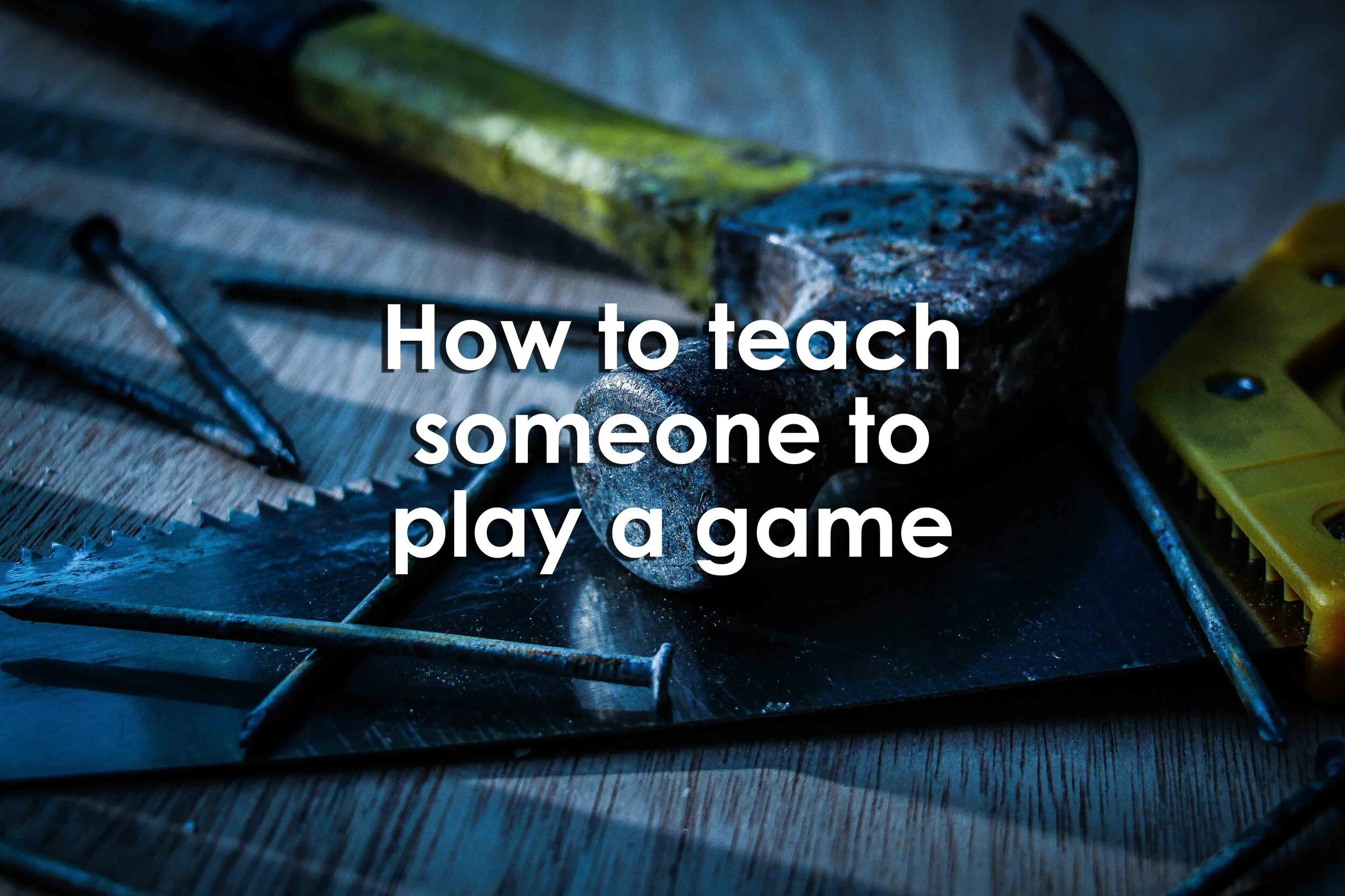What makes the “ideal” board games player? Some say that it takes someone who fully understands the rules. Others would say that it’s more about those who pay attention to the game rather than be subjected to distractions. Some feel that it’s tactical play and strategic thinking that makes the ideal tabletop player.
Read MoreThis article provides an overview of how you can teach someone to play a game. It describes game literacy as a starting place for helping someone learn how to play a new game. Often, the game that you select should work well for player types, tastes, and experiences.
Read MoreThis article will review the lusory attitude of games. It includes a review of play in games as well as an overview of the “lusory agreement.” Part of this agreement includes players adhering to the rules of the game. While rules are important formal structures of games they aren’t the only thing that is involved in the lusory agreement. Players’ attitudes and mindsets also impact their agreement. This agreement should prevent and discourage players from acting in “bad faith” when making decisions in games. The article closes on the social contract and social agreement of games as part of the lusory attitude.
Read MoreThis article will answer the question “What is the magic circle?” In addition, it’ll address the magic circle as the “separate and special place” in gaming. Characteristics and locations of the magic circle will be discussed as well as how players cross into the magic circle. Players’ rules and roles within the circle as well as their return to “reality” are covered in this article. Finally, this article closes on using the magic circle in games-based learning as well as some criticisms around its use.
Read MoreGame themes are often one of the most memorable moments for players. They don’t remember so much the individual actions they took but rather the castle they helped raid; the city they built; or the ship they sailed. The same thing can be said for classes. Students may not remember every lecture, every question, or ever topic ever discussed. But they will remember their outcomes and how they were able to apply what they learned. When done correctly: theme becomes an invisible and inseparable framework for how we define the player experience. When combined with games-based learning; theme and content can help define and shape a memorable and applicable user experience.
Read More





